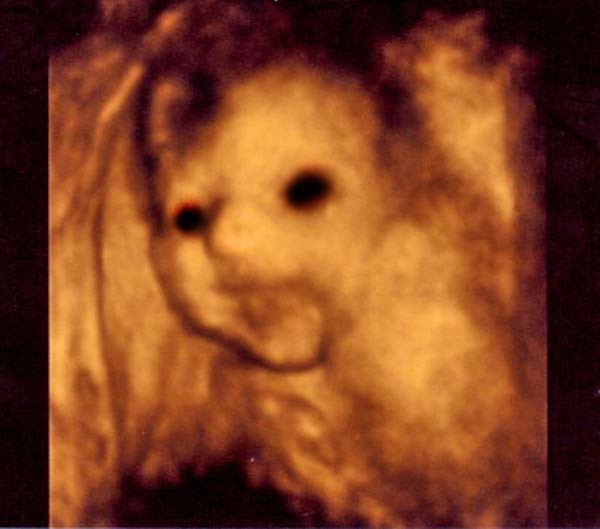First ever recorded case of ghost DNA, influencing paternity test of a human chimera has been reported. A man filed for a paternity test and returned negative results, only later to find out that the father of his son was no other than his unborn twin brother who shared his genetic makeup.
Scientists are baffled as the story of a 34-year-old man, who tested his son for paternity, has emerged with a fictional appeal. How can a person who is never born be a father to a child?
The man, who wished to remain anonymous due to privacy reasons, is from Washington and on the June of 2014, his wife gave birth to a baby boy. Astonishingly, the blood group of the baby didn't match with any of the parent, which was very unusual.
The couple's first reaction was that it could be a clinical mistake because the boy was conceived through fertility clinic procedures. They opted for an at-home paternity test and found that baby's DNA didn't match to that of father's, which lead them to think that the clinic had used the wrong sperm.
Infuriated by the DNA test results, the couple hired a lawyer to seek justice, but since at-home paternity tests are not valid for legal purposes, they referred to an accredited lab. The lab test came negative again and the parents were now convinced that the fault lied on the part of the fertility clinic.
When they contacted the fertility clinic with more authoritative results, the staff responded that on the day their son was conceived, the 34-year-old father was the only white man who donated sperm at the facility. Since their boy was also white, which was a logical conviction, they again met a dead end.
That's when they approached Barry Starr, a geneticist at Stanford University and runs the "Ask a Geneticist" website. He in turn referred them to 23andMe, a firm dealing in genetic ancestry test; an advanced DNA test not just to find out paternity but even distant relations as well. They applied, but the results came late, towards the end in 2014 and declared it was a classic case of genetic chimerism.
"Chimera" is a person with extra genes absorbed from the twin, who is lost in early stages of pregnancy and his cells are disintegrated in the womb. The man was carrying the ghost DNA of his unborn twin brother, which is why the ancestry test did show his relation to the man, but not as a father, but an uncle.
Speaking to Buzzfeed, Starr said that such incidences very rare, but also real. However, it was the first time that a chimeric parent had caused so many discrepancies in a simple paternity test, which is conducted through DNA fingerprinting. The case came online this month, after it was presented at two scientific meetings.



























